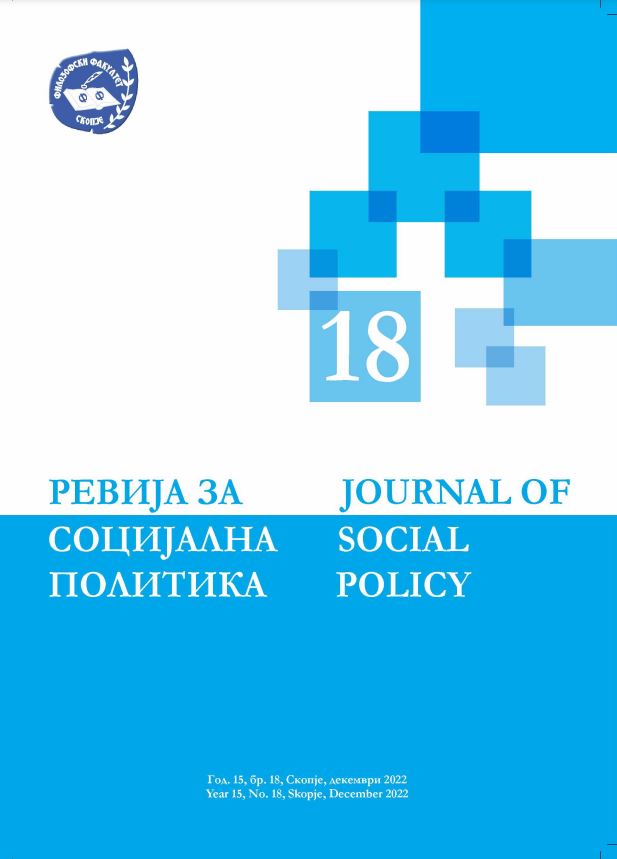CASH TRANSFER PROGRAMS IN SOUTHERN AFRICA: THE EMERGENCE OF THE NEW WELFARE STATES?
CASH TRANSFER PROGRAMS IN SOUTHERN AFRICA: THE EMERGENCE OF THE NEW WELFARE STATES?
Author(s): Jelena VidojevićSubject(s): Social Sciences, Sociology, Welfare services
Published by: Филозофскиот факултет во Скопје
Keywords: social protection; Global South; South Africa; cash transfers
Summary/Abstract: Over the last few decades, across the Global South, there has been a rapid expansion of extensive social welfare programs targeting low-income people. This rise of social protection in Latin American countries and across Southern Africa has been praised as being “the really big development story of the last twenty years” (J. Ferguson) and as a “development revolution from the Global South” (Barrientos, Hanlon, and Hulme). Social policy became a “key domain of policy innovation” in the Global South. The new thinking was deeply rooted in a conviction that it is better to give money to poor people directly so that they can find the most effective ways to escape from poverty themselves, rather than build government (or philanthropic) for such purposes. Millions of poor citizens, previously ignored by the state, have become direct beneficiaries of cash transfer programs, that are non-contributory and paid directly from state treasury, being nominally conditional on an income test. The new modalities of distribution in the Global South were associated with both new kids of political claim-making and new possibilities for political mobilization. One of the novelties of new social assistance programs can be seen in abandoning one of the main conceptions of traditional welfare states: traditional social payments are conceived as instrument for dealing with (short) interruptions adult heads of households cannot earn wages to support their families. The new cash transfer programs start from a different understanding of what constitutes a ‘normal’ situation in the Global South, the fact of mass, structural unemployment, supposing that social support is needed only for “dependent” categories. In Southern Africa, South Africa has led the way with an extensive national system of social payments, anchored by old age pensions, childcare grants, and disability payments. Other countries from the region followed suit. It is by now well documented that cash transfer programs worked and have a “positive development impact”. Considering the impact of cash transfer programs on individuals and households, the evidence suggests that those benefits. are often go beyond a program’s core objectives. Unfortunately, despite the unambiguous successes of the cash transfer programmes as well as the broad acceptance they enjoy across nearly the whole range of society, they are still nonetheless restricted by a conservative understanding of “deserving” and “non-deserving poor”, and therefore they do not offer any benefits to working age, able-bodied men. The main goal of the article is to understand and explore the political as well as social significance of these new developments in Southern Africa, especially regarding the potential introduction of a universal basic income grant, but also in providing an input into ongoing discussions on the reforms of development aid provided in the region.
Journal: Ревија за социјална политика
- Issue Year: 2022
- Issue No: 18
- Page Range: 7-20
- Page Count: 14
- Language: English

